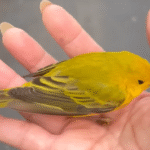Cats have been associated with humans since ancient times, originally domesticated for their ability to control pests. In Ancient Egypt, cats were revered for their skill in protecting food stores from rodents. This historical relationship laid the foundation for cats’ current presence in urban environments, where they continue to play a significant role in managing pests.
The Urban Rodent Problem
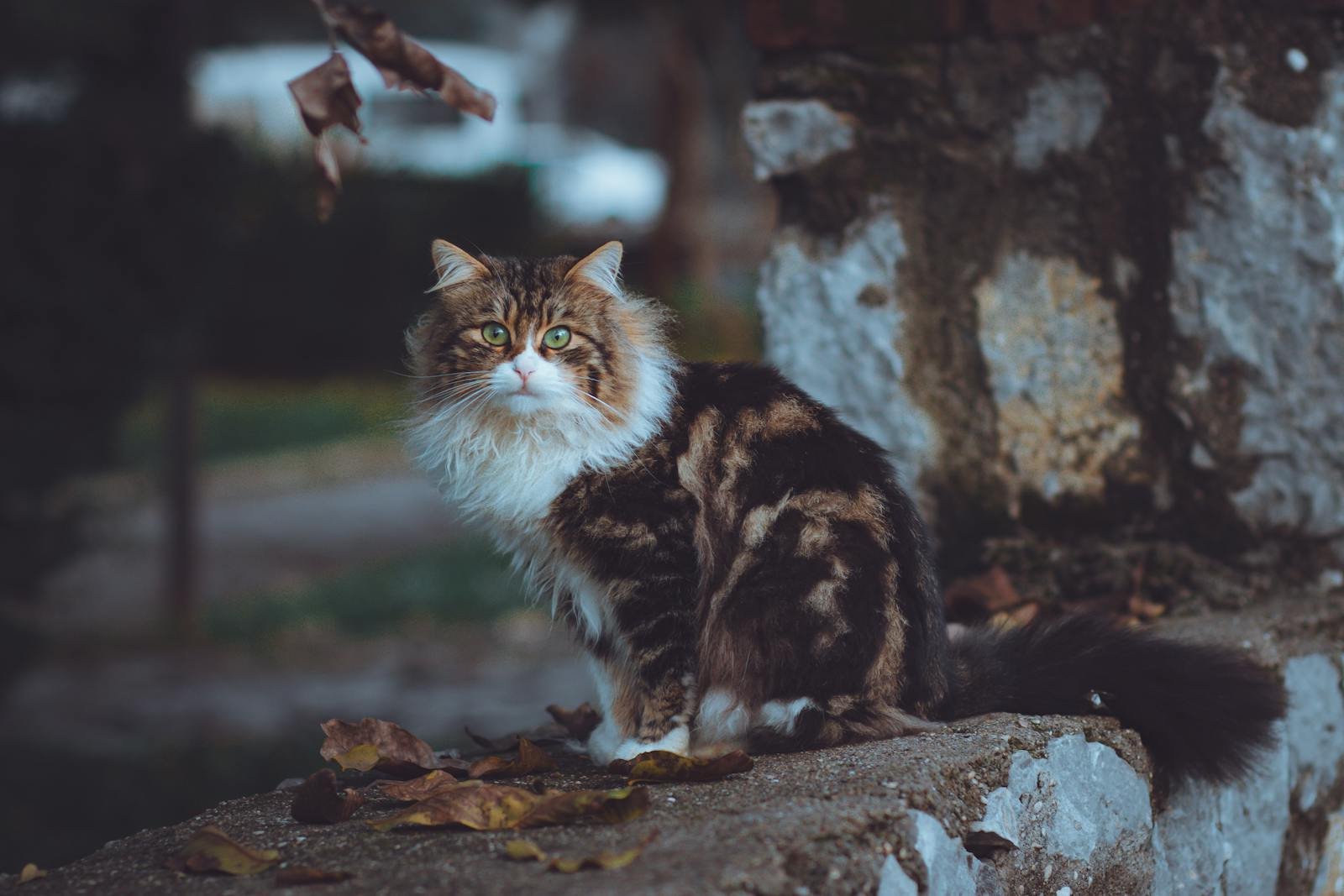
Urban areas worldwide face significant issues with rodent populations, which thrive in cities due to abundant food sources and nesting sites. These rodents, primarily rats and mice, pose public health risks by spreading diseases, contaminating food supplies, and causing structural damage.
Cats as Natural Predators
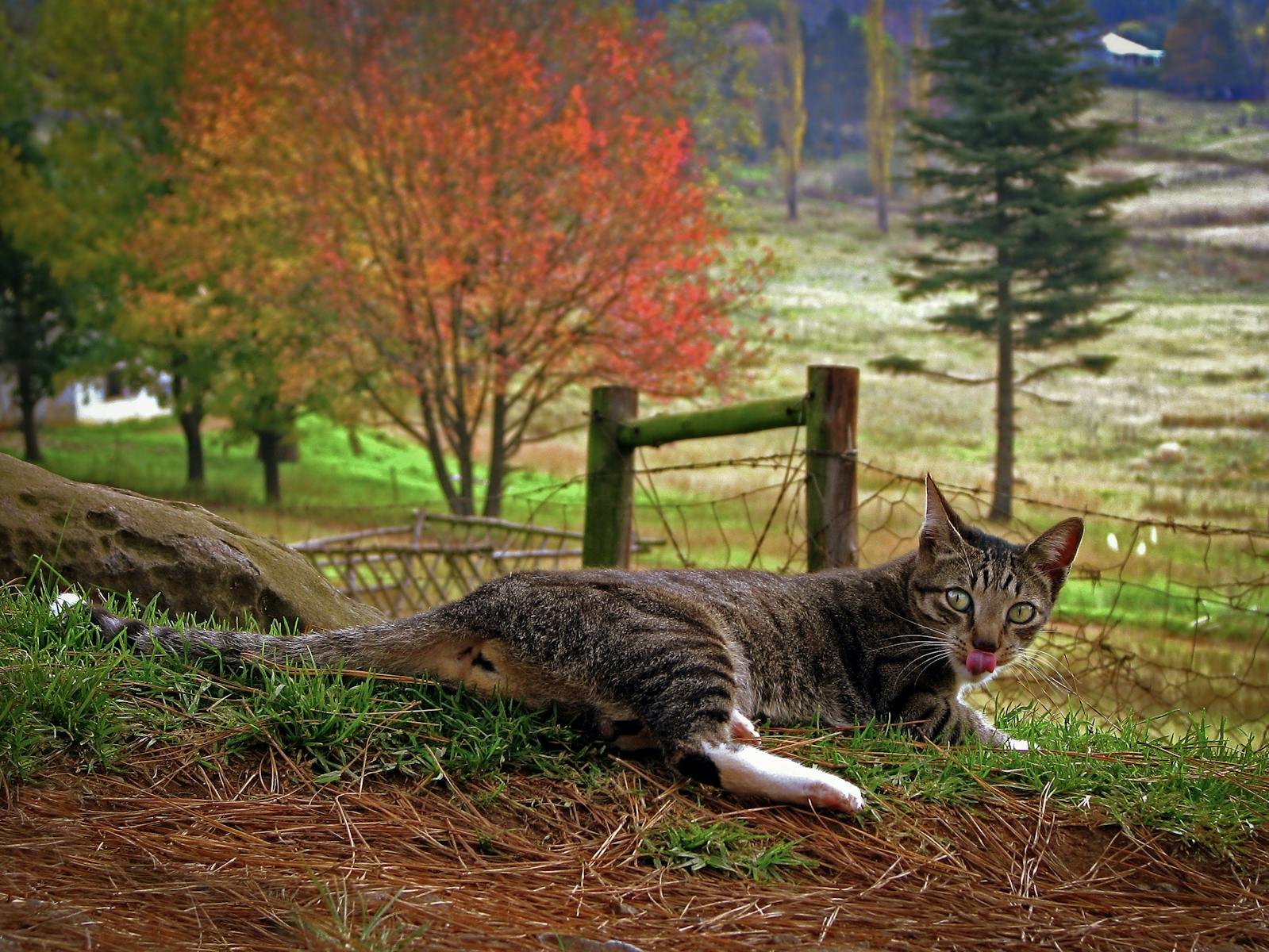
Cats are natural predators equipped with keen senses and agility, making them effective hunters. Their hunting instincts are deeply ingrained, even if they are well-fed and cared for. This predatory behavior is beneficial in controlling rodent populations in urban settings.
How Cats Impact Rodent Behavior
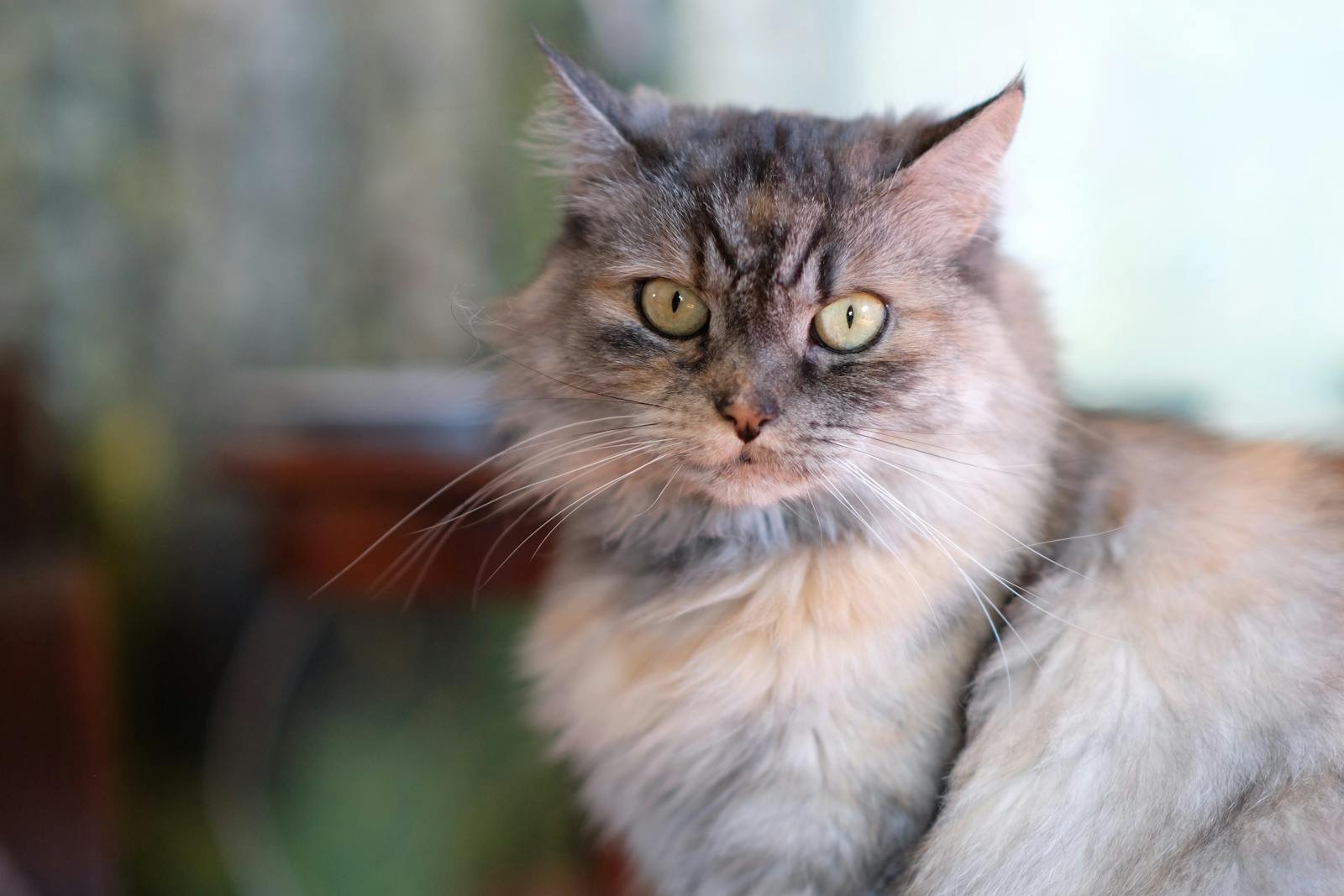
Beyond direct predation, the very presence of cats can deter rodents. The scent of a cat, along with their territorial markings, can discourage rodents from settling in areas. This fear of predation alters rodent behavior, leading them to avoid areas heavily patrolled by cats.
Ferals vs. Domestic Cats: Different Roles
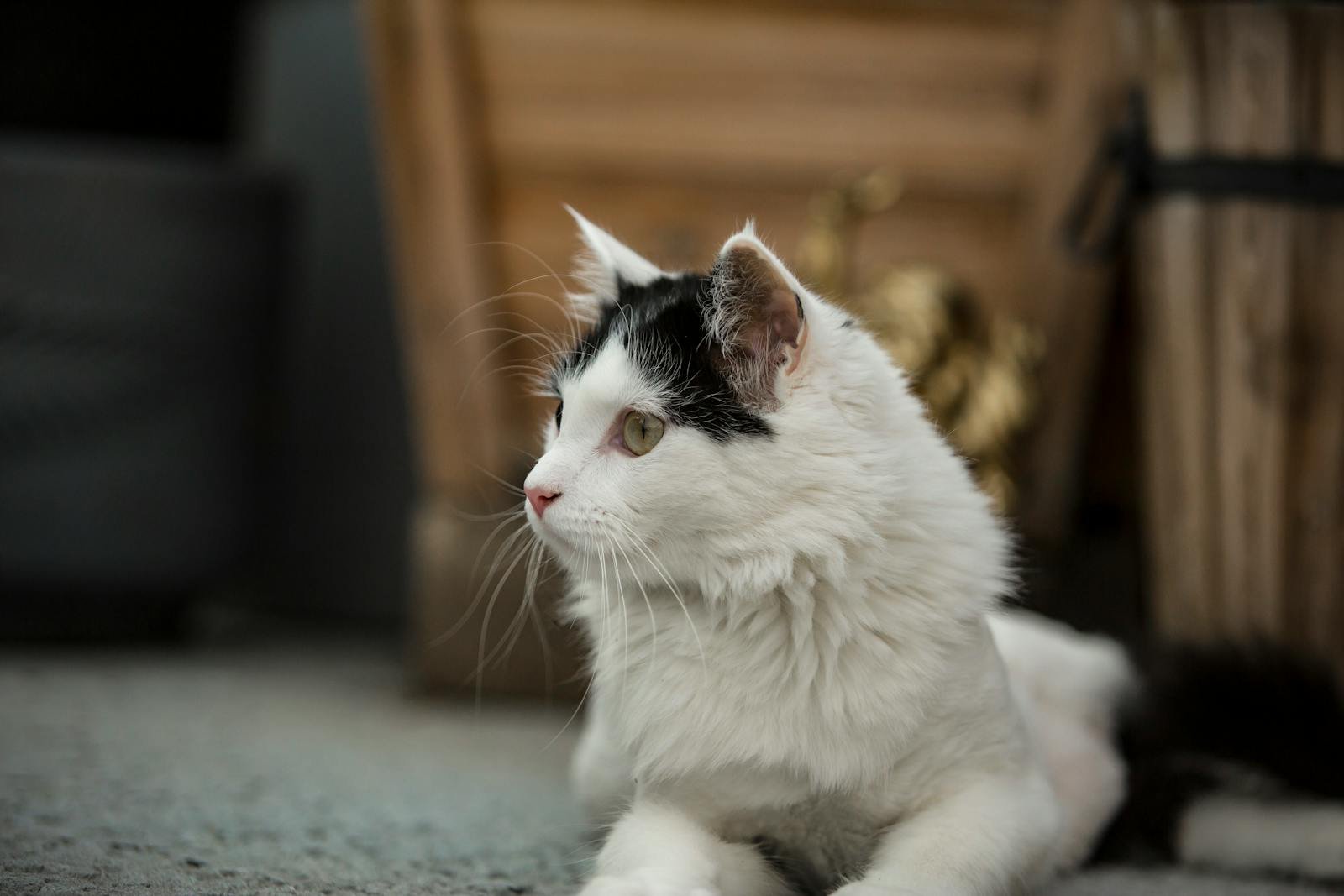
Both feral and domestic cats contribute to controlling rodent populations, but their roles differ. Feral cats, living outdoors, have territories they regularly patrol, acting as a constant deterrent. Domestic cats may hunt less frequently but still play a role in monitoring and catching rodents in their immediate environment.
The Effectiveness of Cats in Rodent Control
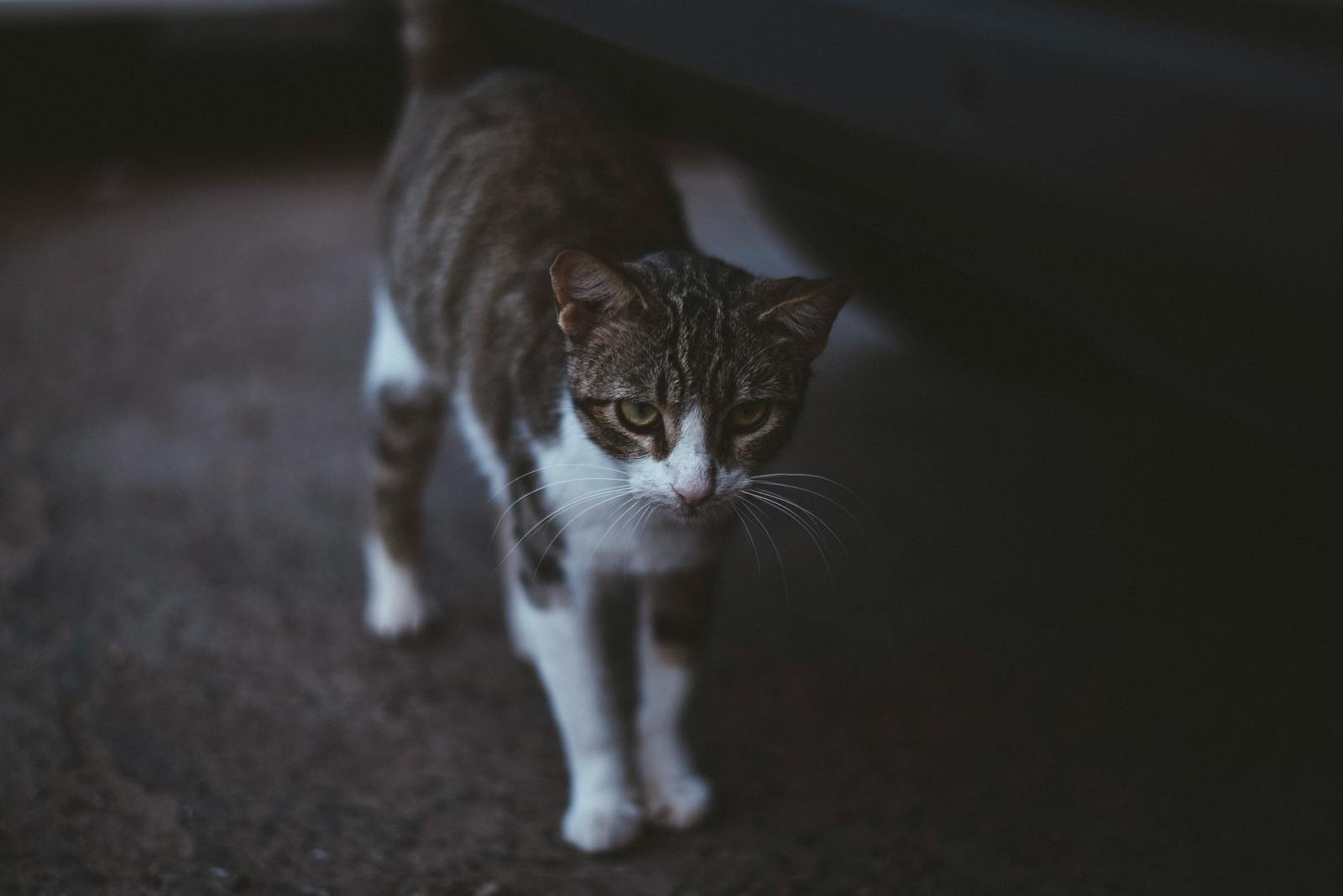
Studies on the effectiveness of cats in controlling urban rodent populations show varying results. While some research suggests that cats can significantly reduce rodent numbers, other studies indicate that rodents quickly adapt to the presence of cats, leading to minimal long-term reduction.
Balancing Ecosystems: Potential Negative Impacts
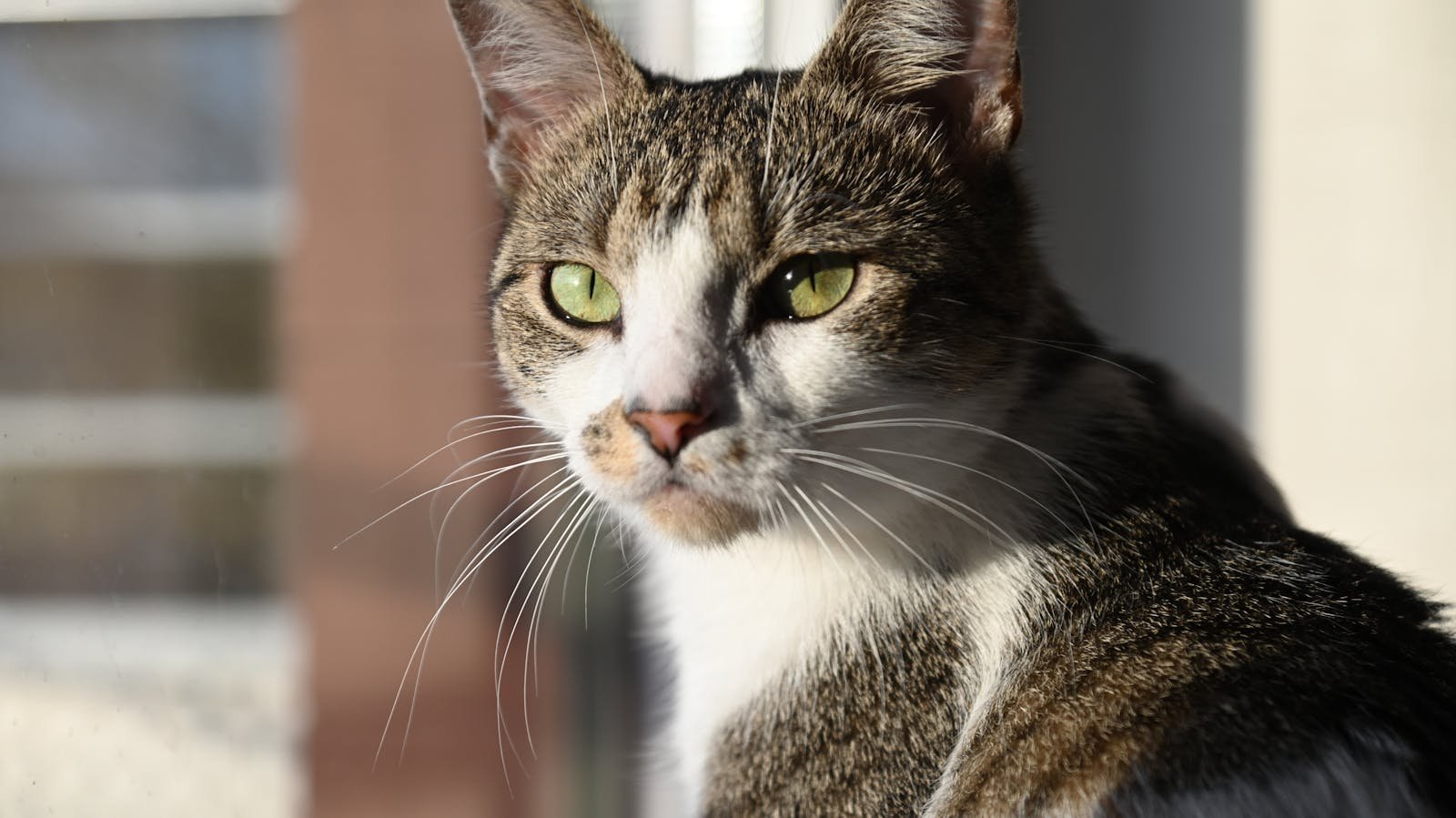
While cats help control rodent populations, their hunting can also negatively impact local wildlife, particularly birds and small mammals that are not pests. Managing cat populations and ensuring they do not pose a threat to native species is crucial for maintaining balanced urban ecosystems.
Implementing TNR Programs
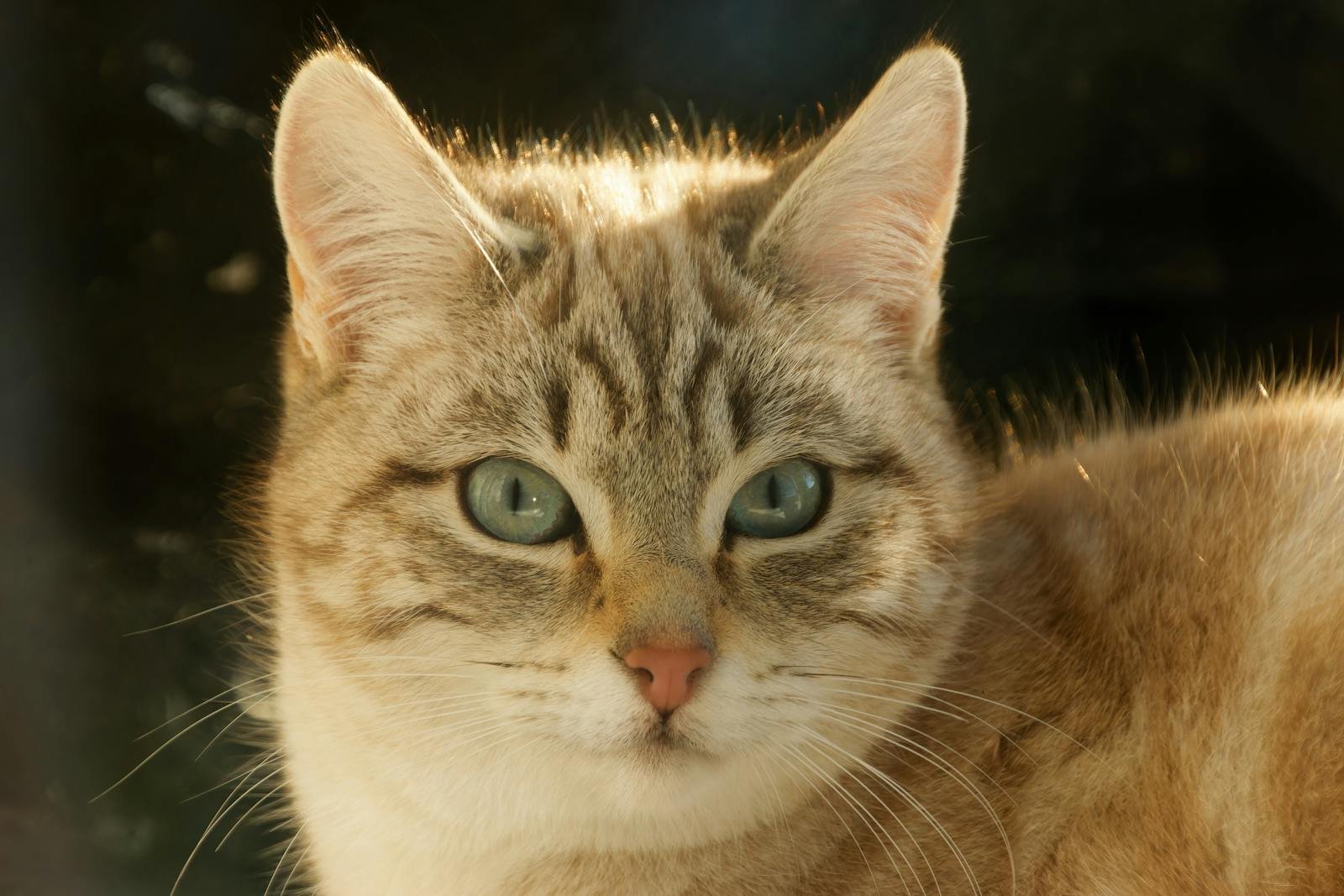
Trap-Neuter-Return (TNR) programs offer a humane solution for managing feral cat populations. By maintaining stable, healthy colonies of neutered cats, TNR programs help control rodent populations while preventing overpopulation of cats in urban areas. These programs also support healthier cat communities with fewer risks of disease.
Community Involvement in Rodent Control
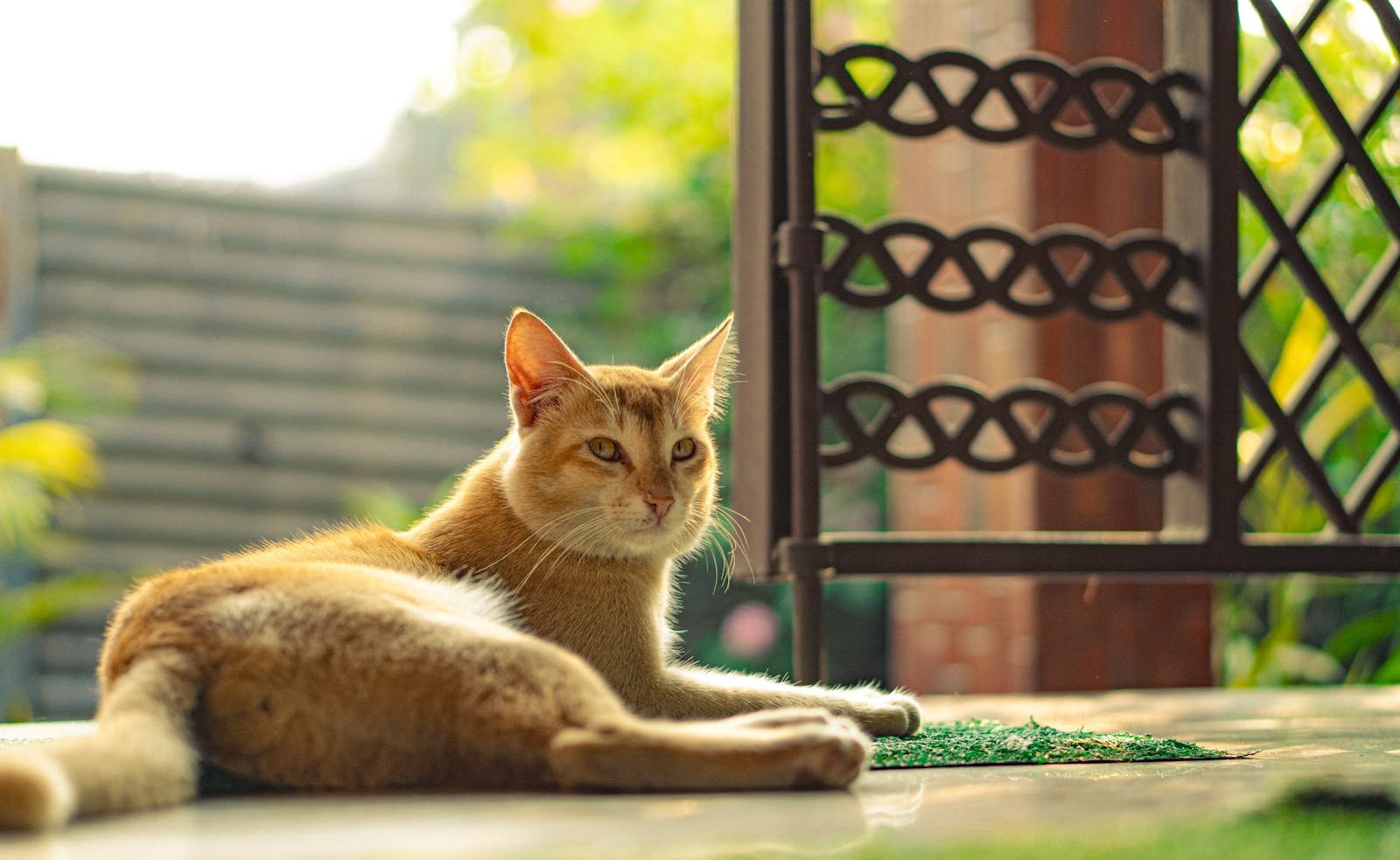
Communities play a vital role in utilizing cats for rodent control. Encouraging public awareness of responsible feeding practices and supporting local TNR programs can help maximize the benefits cats offer in managing rodents. Public education initiatives can teach residents how to coexist with community cats effectively.
Alternative Methods and Combined Strategies
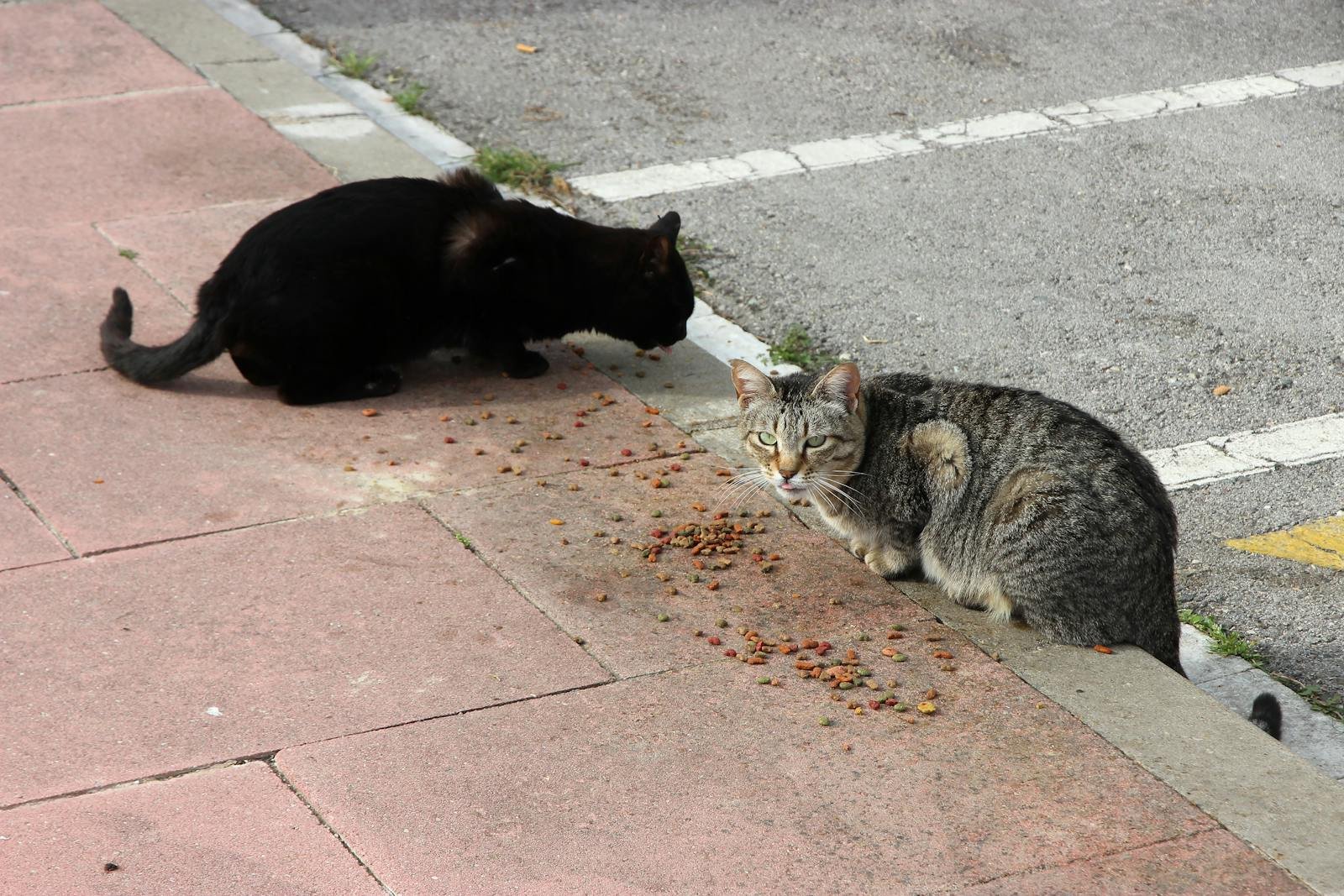
While cats are an important part of controlling rodent populations, they should be part of a holistic approach. Combining cat patrols with other methods, such as improved waste management, rodent-proofing buildings, and professional pest control services, can result in a more effective and sustainable solution to urban rodent issues.
The Future of Urban Wildlife Management
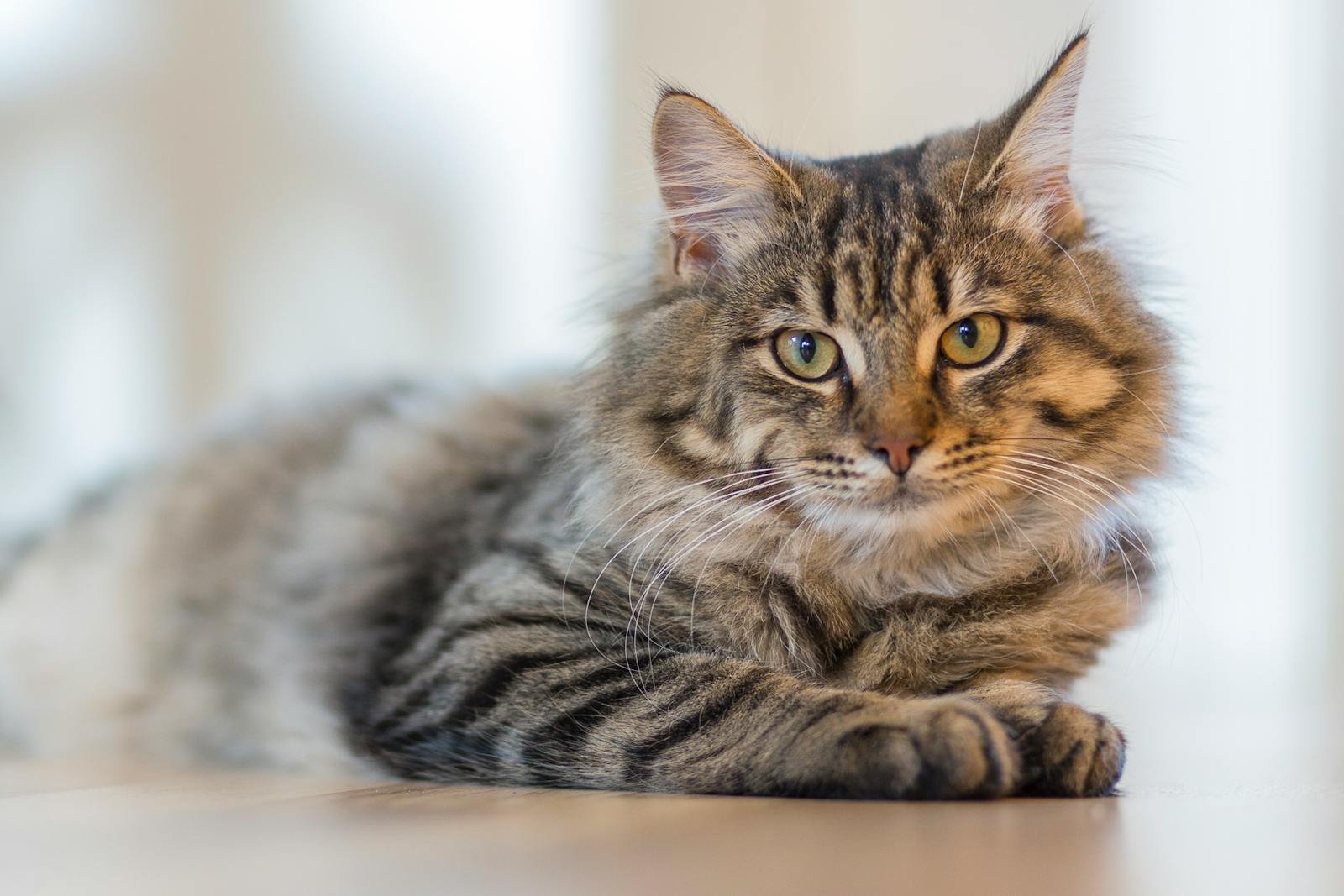
As cities continue to grow, managing urban wildlife, including rodents, will remain a significant challenge. Cats will likely continue to play a role in these ecosystems, but their participation must be balanced with environmental considerations and integrated with other pest management strategies to ensure a healthy urban environment.
Hi, I’m Bola, a passionate writer and creative strategist with a knack for crafting compelling content that educates, inspires, and connects. Over the years, I’ve honed my skills across various writing fields, including content creation, copywriting, online course development, and video scriptwriting.
When I’m not at my desk, you’ll find me exploring new ideas, reading books, or brainstorming creative ways to solve challenges. I believe that words have the power to transform, and I’m here to help you leverage that power for success.
Thanks for stopping by, Keep coming to this website to checkout new articles form me. You’d always love it!




